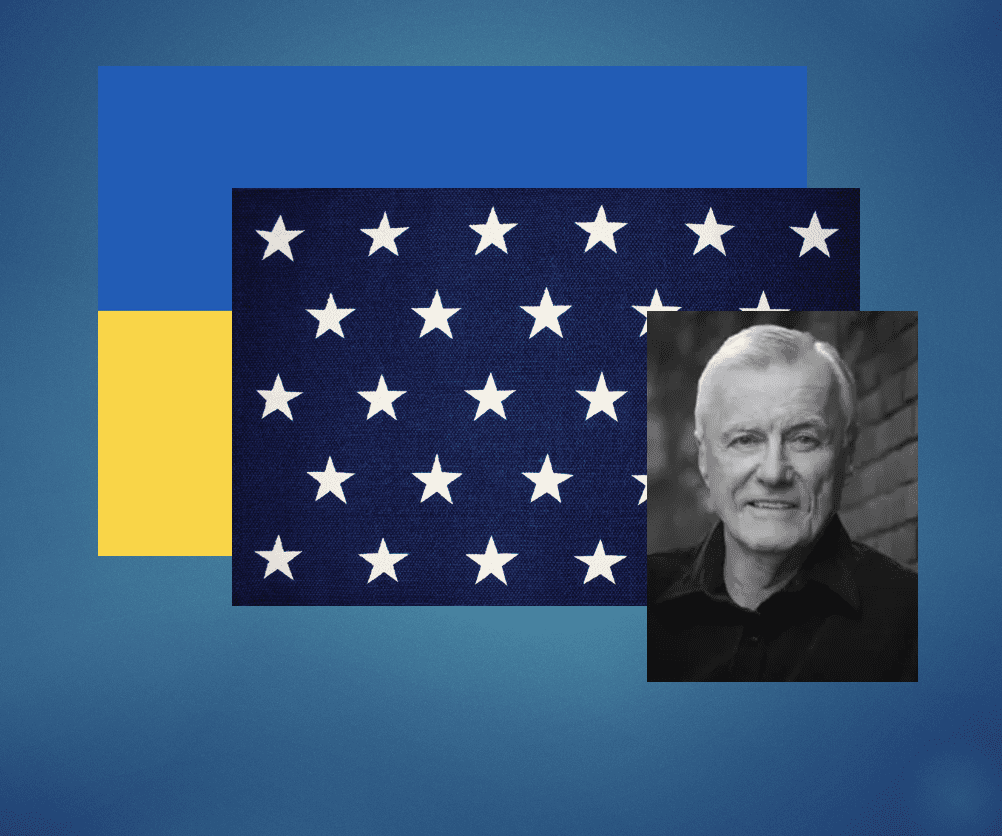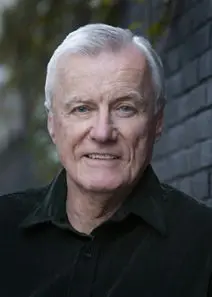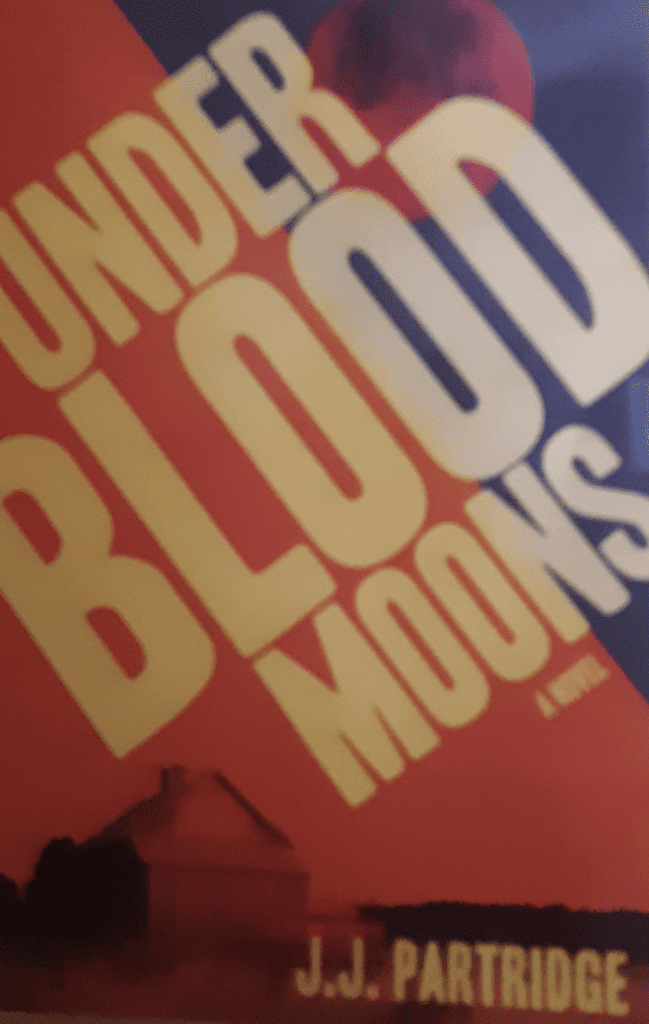Search Posts
Recent Posts
- RI Veterans: Did you know? 02.05.24 (Pvt. George J. Peters, local events, vet info) – John A. Cianci May 2, 2024
- Shared living opens new doors to people with disabilities – G. Wayne Miller, Ocean State Stories May 2, 2024
- We Cook! Point Judith Calamari, Chickpeas, Quinoa-Tabbouleh Salad, Red Pepper Hummus May 2, 2024
- The Independent Man, newly gilded, couldn’t miss Rhode Island Independence Day event May 2, 2024
- Rhode Island Weather for May 2, 2024 – John Donnelly May 2, 2024
Categories
Subscribe!
Thanks for subscribing! Please check your email for further instructions.

Jack’s Angle: U.S. promise to Ukraine 30 years ago. The Budapest Memoranda (update)-John J. Jack Partridge
by John J. “Jack” Partridge, contributing writer
See Updated Q & A, below
Commentary on Russia-Ukraine war
A long-time reader reminded me that at the beginning of the Russian invasion of Ukraine, I wrote that I would contact our congressional delegation as to the obligations of the United States to Ukraine as a signatory of the so-called Budapest Memoranda, a series of agreements back in 1994 which related specifically to Ukraine giving up its nuclear weapons in return for recognition of its borders and security from attack.
I followed through but received no definitive responses from our delegation in Washington, and that led me to my own research.
Clearly the agreements prohibited Russia, the United Kingdom, and the United States from threatening or using military force or economic coercion against Ukraine, except in self defense or otherwise in accordance with the charter of the United Nations. As a result of these agreements and memoranda between 1993 and 1996, Ukraine gave up its nuclear weapons to Russia for destruction. It also agreed that it would sign the nuclear non-proliferation nuclear weapons treaty and give up claims to the Russian Black Sea naval vessels harbored at Ukrainian ports.
The purport of the agreements is of particular interest to us now as Congress considers more aid to the Ukraine to protect its territory and defeat the Russian forces now that its territory has been invaded by Russia.
Clearly, Russia has forgotten its obligations under the Memoranda because it now takes the position that Ukraine never existed as a true commonwealth with the power to bind itself or execute agreements with nations, thus the Memoranda as viewed by Russia including the agreement of signatories to recognize its international borders is null and void.
From my research, I concluded it appears that the Budapest Memoranda signed by the United States, Russia and United Kingdom, as well as Ukraine, does not constitute a defense treaty obligation of the United States, but at the very least was part of a quid pro quo arrangement with Ukraine giving up its nuclear weapons in return for an assurance that the participants would abide by the borders of Ukraine and provide it assistance if attacked. The United States did not guarantee Ukraine’s borders but did offer assurances that it would support Ukraine if attacked, leaving open what it would do under those circumstances. The delivery of munitions seems well within that commitment.
Ukraine clearly fulfilled its obligations under the memoranda by giving up its nuclear weapons and making accommodations with Russia on the Black Sea. The US basically gave up nothing, so the arrangements were deemed to be a diplomatic triumph by the United States at the time of signing.
It certainly seems ironic and likely that if Ukraine had not given up its nuclear weapons, Russia would have been very leery about attacking a nuclear power rather than simply using its overwhelming manpower and weaponry to attempt to crush Ukraine as a state and annex the territory of Ukraine into the Russian Federation.
For my part, I believe the United States should continue its military assistance to Ukraine if our word as a country means anything. We can stop when and if it becomes a lost cause which I do not believe will be the case. The United States should follow through on a commitment that we sought from Ukraine and which placed the country in jeopardy and ill situated when faced by an aggressive Russia.
UPDATED Q & A:
We received several questions – Jack answers them, here:
Good questions all :
1. Q How did Ukraine become a nuclear power?
A. with the fall of the Soviet Union, its nuclear arms lay scattered across the former Soviet republics.
Ukraine inherited the third largest nuclear arsenal in the world, including some 1900 weapons designed to strike the United Statesand the West. There were no limits on their use,except practical ones relating to experience.
2 .Q. Was Washington concerned?
A. those who were knowledgeable thought there was no more important strategic issue for the United States once it realized the demise of the Soviet Union left its nuclear security to new and untested leadership in Ukraine and other former Soviet republics. with little or no technical background. ,defenses or cash to provide necessary security to protect the West from misuse. The Bush 41 and Clinton administration’s both attempted to deal with the realities of the situation through negotiations.
3. Q. Why did Ukraine agree to give up its weapons?
It wanted assurances that Russia (at that time not under Putin) would respect its borders and wanted to accept Russian offers to forgive debt and to provide natural gas at bargain rates; and pressure from the United States to join the nations giving up nuclear arms.
4. Q. Did Ukraine ask for guarantees from the signatories?
A. Yes, it wanted explicit” guarantees of territorial integrity” but after months of wrangling, it settled for “assurances.”, which was deemed a lesser form of protection by all concerned.
___
To read more columns by Jack Partridge, go to: https://rinewstoday.com/our-team/john-j-jack-partridge/

John J. ‘Jack’ Partridge, is a retired lawyer and Senior Counsel to the firm of Partridge Snow & Hahn LLP, with four offices in Rhode Island and Massachusetts.
A Pawtucket native, Jack graduates from St. Raphael Academy and summa cum laude of Providence College, where he majored in history. After Harvard Law School, he served in the United States Army in Vietnam, where he was awarded the Joint Service Commendation Medal. In 1967, he joined the firm of Tillinghast Collins & Tanner. In 1988, he became a founding partner of Partridge Snow & Hahn LLP.
Jack has been engaged in many civic, political, governmental, and business organizations, serving as legal counsel to the Greater Providence Chamber of Commerce for 27 years and was chairman of the Old Slater Mill Association, Common Cause Rhode Island, and Memorial Hospital of Rhode Island.
He is the co-founder of The Pawtucket Foundation and an officer and director of innumerable not-for-profit entities. He served as a member of the Board of Directors of the Pawtucket Boys & Girls Club and was Treasurer of the Ocean State Charities Trust.
Jack has a long history of leadership involvement with Providence College, which recognized him in 1999 with the Providence College Alumni Association Recognition Award for Public and Community Service, and in 2011, with an honorary Doctor of Laws degree.
He is married to the former Regina McDonald and has three children: Sarah, Gregory and David.


Very good review of USA’s current involvement and commitment. Thank you Mr. Partridge.
A perfect display of human nature and an excellent example as to why you NEVER give up your “guns”…